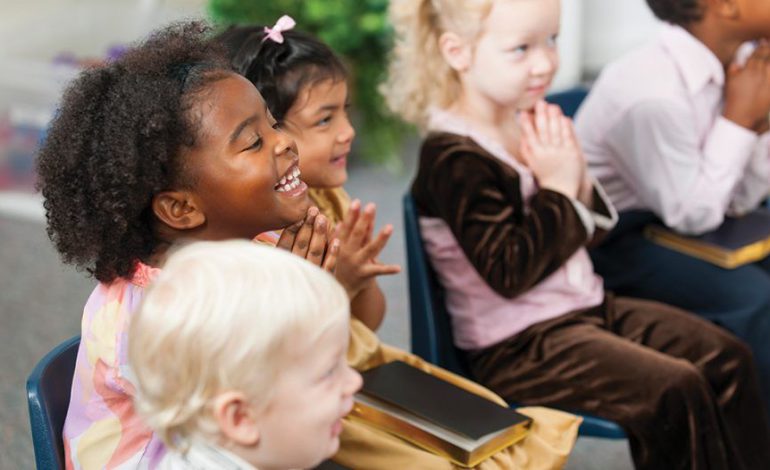How to raise religiously sensitive and inclusive kids
Most people want to be married to someone who is God-fearing. In fact chances are, you will hear 90 per cent of the people say it is a subject that

Most people want to be married to someone who is God-fearing. In fact chances are, you will hear 90 per cent of the people say it is a subject that should come up on a first date. Now, as to whether their God is in Christian Bible, The Vedas and The Upanishads, The Quran and The Hadiths or The Agamas, we will not look into today.
Most people are comfortable with what’s familiar and so they prefer those already tolerant to their religious beliefs. This is because, most people derive their moral guidelines and touchstones based on their religious teachings and even the slightest indifference or variance in interpretations can pose huge problems to married couples. Don’t get me started on how difficult it can be to raise a child under the circumstances.
As parents, it is your obligation and responsibility to instill in your children a healthy attitude of acceptance and tolerance for everyone.
When kids have a better understanding of other beliefs, they are less likely to develop harmful, hurtful prejudices and are more likely to develop positive relationships with others.
How can you raise your child to be more religiously tolerant and inclusive? Here are a few tips to get started!
Be brave enough to educate yourself
If parents want their children to learn about religious sensitivity and inclusion, they have to practice and model it themselves. One way to do this is by expanding your own knowledge of each other’s religious beliefs so you can teach your children to choose where they feel more connected. Do not impose on them or one another your beliefs.
Be honest about your own biases
For your children to truly have a better understanding of religious inclusivity, you must be honest about any biases or prejudices you have. Exploring with your kids how hurtful religious and denominational biases and prejudices can originate and grow over time, and how becoming better informed can counter them, goes a long way toward helping children develop healthier attitudes about diversity and acceptance.
Have honest conversations about your beliefs
Make a point to talk to your children about different beliefs and how and why they are different from and/or similar to your own. You may be surprised by how much your kids already know. Define what ‘religious tolerance’ means and have your kids do some research on the topic. Then, discuss what they learned during dinner. The key here is to help your children gain a better understanding of other religions through open, honest conversations where they can ask questions and freely express what they think.
Be forgiving to others and yourself
Often times, people misjudge or misunderstand a person or a group of persons simply because they don’t know anything about them as individuals. These situations of ‘religious ignorance’ can provide excellent teaching moments for you and your children. You will find out that sometimes, making the first move to be friendly and kind to others is the best way to head off uncomfortable situations and set a positive example for your kids.
SEE ALSO: Raising modern-day teens
Bottom-line:
Religiosity in families is positively associated with child and youth well-being in the areas of behaviour, mental health and internalizing problems, aggression and externalizing problems, and even cognitive development.
So, while we can’t solve all the problems and social ills that plague our world, teaching our kids to be open to, accepting of and knowledgeable about other beliefs and their people is the first step toward giving us all hope for the future. Religion is a potent cultural force and although sacred writings provide limited guidance regarding child well-being, interpretations of those writings inform many parents and others.
Quote, “I love you my brother, whoever you are-whether you worship in a church, kneel in your temple, or pray in your mosque. You and I are children of one faith, for the diverse paths of religion are the fingers of the loving hand of the one supreme being, a hand extended to all, offering completeness of spirit to all, eager to receive all” Khalil Gibran




